IAEA Grossi in Tehran. Reconciliation or intensifying the fight?
WANA (Mar 03) – The director general of the International Atomic Energy Agency (IAEA), Rafael Grossi has arrived in Tehran for high level meetings. The two-day visit comes precisely a year after the last one.
Speaking at a summit in Baku before his trip to Iran, Grossi emphasized on the importance of maintaining advanced contact and dialogue with Iran. He is scheduled to meet with Iranian president Ebrahim Raeisi on Saturday and will fly back to Vienna in the evening.
The visit is an important one, as it comes following reports by western media – such as Reuters and Bloomberg – in the past month that Iran is ramping up its uranium enrichment.
Citing a leaked report presented by an IAEA inspector, these media outlets claimed the discovery of uranium particles with 84 percent purity at Iran’s Fordow power plant.
On Wednesday, the head of the Atomic Energy Agency of Iran (AEOI), Mohammad Eslami, dismissed the accusations asserting that there has been “no deviation” in Iran’s peaceful nuclear activities. Behrouz Kamalvandi, the AEOI spokesperson also said the discovery of particles above 60 percent is normal in the enrichment process, explaining that when producing 20 percent uranium enrichment, 47 percent particle can be found in it. He added that Iran has only changed modes of enrichment, not “unannounced changes to the design information questionnaire” (DIQ).
The report leaks however, have raised concern for Iran, with Tehran criticizing the IAEA for disclosing confidential and unverified information on its nuclear activity. Speaking last month in London the IAEA chief said the agency has “no control” on the leaks and can do nothing to prevent them.
“You should ask those who leak. The IAEA produces a report and if somebody leaks it what can I do,” said Grossi in an event in Chatham House.
In response, Iran’s Eslami said that Grossi had decided to disclose the wrong claims raised in the report in classified letters sent to the media on February first.
“This behavior is unprofessional and is unacceptable and we hope that agency’s director general stops such practices because this … is not acceptable for his and the Agency’s credibility” he said in an interview with Iranian state TV.
Another issue that will most likely be brought up in Grossi’s visit to Tehran, is the IAEA “probe” in what the agency says are uranium traces found at “undeclared nuclear sites” in Iran. This “probe” came up after Grossi’s visit to Tel Aviv in June 2022 ahead of an IAEA board of governors meeting.
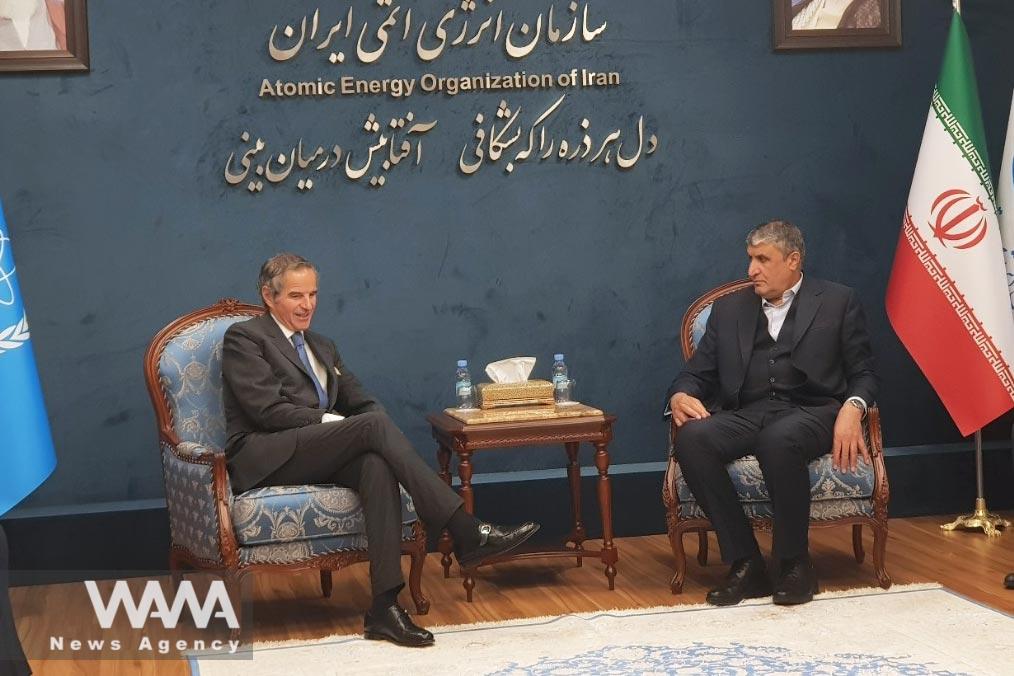
International Atomic Energy Agency (IAEA) Director General Rafael Grossi meets with Head of Iran’s Atomic Energy Organization Mohammad Eslami, in Tehran, Iran, March 3, 2023. Iran’s Atomic Energy Organization/WANA (West Asia News Agency)
The session ended up with a resolution that called on Iran to cooperate with the agency’s so called probe, which has now turned into a turning point for the talks aimed at reviving the 2015 nuclear deal (JCPOA), which have remained stalled since last August.
Iran has slammed this “probe” as politically motivated, warning that it will affect its relations with the UN nuclear agency.
Since taking office in 2019, Grossi’s statements concerning Iran’s nuclear activity have been suggesting political agenda. In January, he told the European parliament subcommittee in Brussels that Iran has enough uranium for “several nuclear weapons”. He has also issued several statements on Tehran not implementing its nuclear commitments under the 2015 Joint Comprehensive Plan of Action (JCPOA) and its Additional Protocol.
“verification and monitoring of Iran’s nuclear-related commitments under the JCPOA have been seriously affected by Iran’s decision to stop the implementation of those commitments, including its commitments under the Additional Protocol”, he said in September 2022.
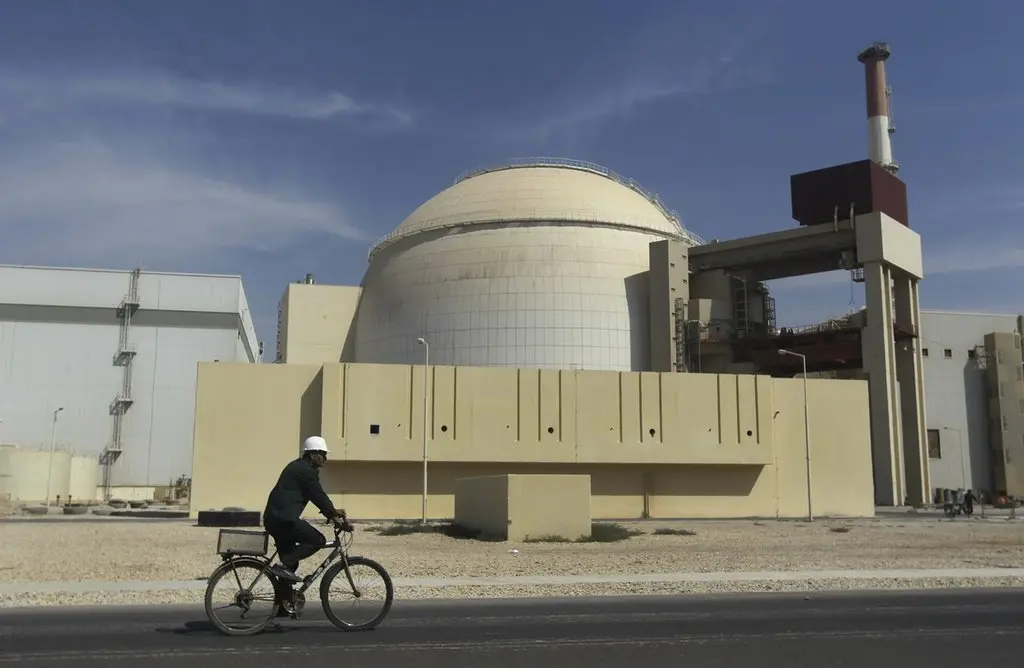
Eslami: Iran turning into a “nuclear hub”
WANA (Feb 27) – Iran’s nuclear program has been the focus of International diplomacy since it restarted its activity in 2004. According to the former head of the Atomic Energy Organization of Iran, Ali Akbar Salehi, Iran has spent around 7 billion dollars on its nuclear program in the last 30 years, adding that 5 […]
The Islamic Republic raised the Uranium enrichment and stopped the voluntary implementation of the NPT additional Protocol in 2021. These actions however, were a response to the U.S. unilaterally abandoning the 2015 nuclear deal and re-imposing sanctions on Iran.
The European sides also failed to adhere to their commitments and keep the deal alive, leaving Iran the sole party complying with its obligations.
Iran has repeatedly stressed that it is ready to resume talks in order to revive the dying deal. At this time the IAEA has a vital role to play as a non-political nuclear agency with a technical mandate.
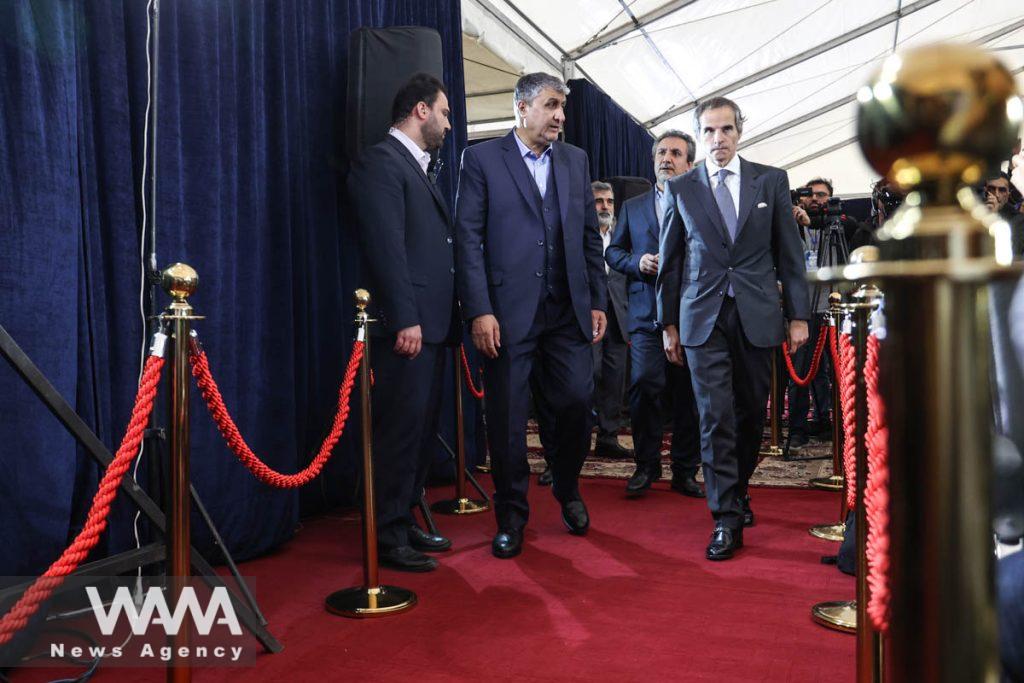
Head of Iran’s Atomic Energy Organization Mohammad Eslami and International Atomic Energy Agency (IAEA) Director General Rafael Grossi arrive at a news conference, in Tehran, Iran, March 4, 2023. Majid Asgaripour/WANA (West Asia News Agency)
The question lies as to whether the UN agency will continue to politicize this mandate or keep it neutral as its statute says: “The agency shall not make assistance to members subject to any political, economic, military, or other conditions”.
Iranian officials say this visit might be the key to ending the deadlock in talks on restoring the JCPOA, while European sources say this is an opportunity to restart the relationship between Tehran and the Agency at the highest level.

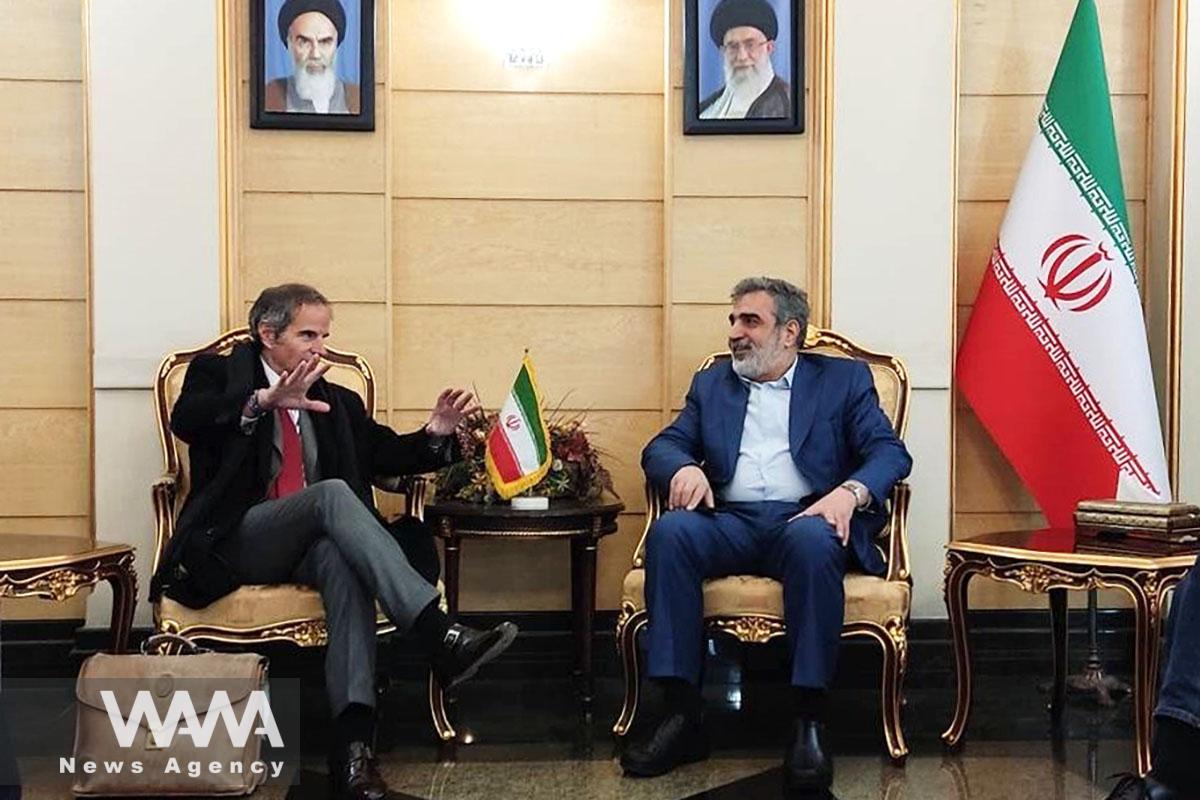
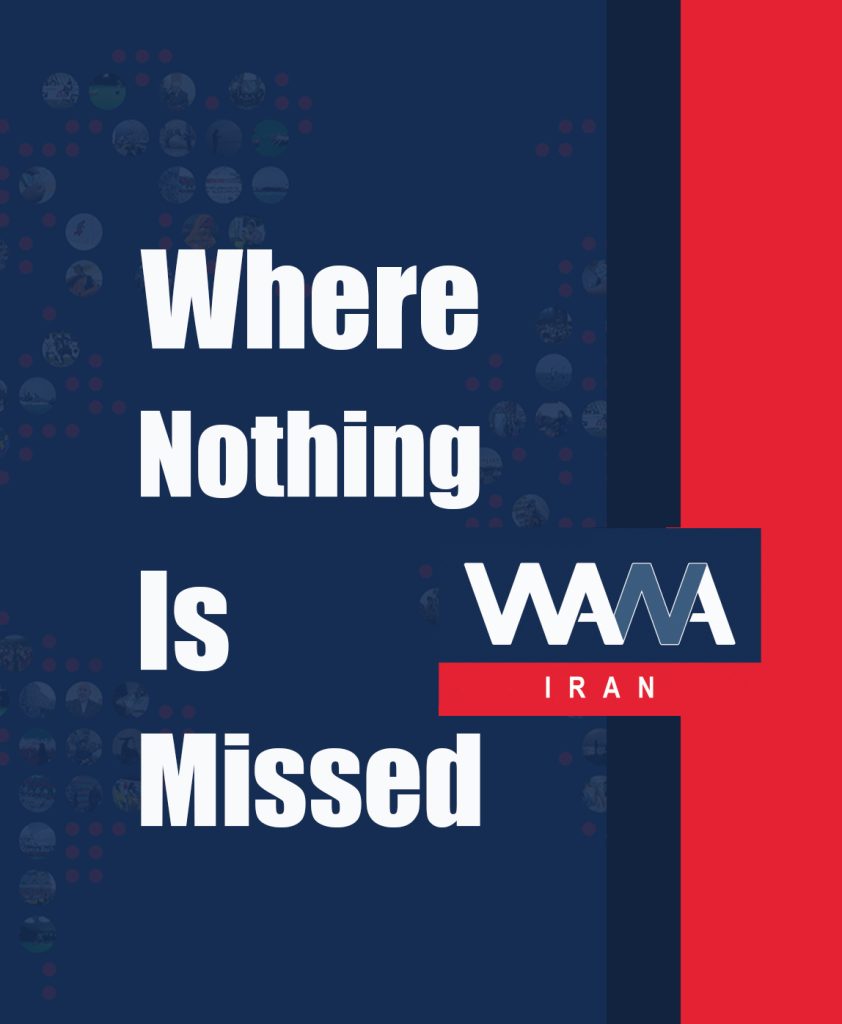










User comments